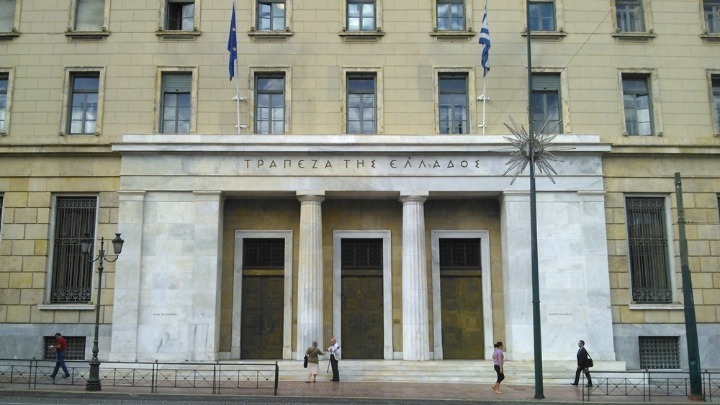Moreover, both fiscal and monetary policy are expected to have a restrictive impact on activity in 2023.
Subsequently, the growth rate of the Greek economy is expected to rebound, reaching 3.0% in 2024 and 2.8% in 2025. These rates can be achieved, conditional on a de-escalation of the geopolitical crisis, a fall in energy prices, continued boost to the Greek economy from international tourism, progress with the implementation of investment projects and a stable growth outlook for the euro area.
Consumer spending is estimated to have continued to grow in 2022, at an even faster pace than in the previous year, reflecting higher employment and its positive impact on incomes, as well as the release of pent-up demand, also using the high savings accumulated during the pandemic. In the years ahead, consumer spending growth is projected to weaken, owing to an expected slowdown in real disposable income growth, while the labour market is anticipated to continue on its positive path, albeit at a slower pace.
Investment is expected to grow very strongly over the entire projection horizon (2022-2025), by 10% per annum on average, supported by the improved liquidity situation of the banking sector and the use of available European funds. In particular, over the coming years, Greece will receive around EUR 40 billion in support from the EU’s long-term budget 2021-2027 and EUR 30 billion from the Recovery and Resilience Facility by 2026. These resources are expected to mobilise additional private resources. At the same time, Greece is expected to attract increased foreign direct and indirect investment.
Exports of goods showed resilience during the pandemic. After an increase of 13.8% in 2021, they are projected to keep growing in 2022 and 2023, but at a somewhat slower pace, due to the deteriorating outlook for the euro area and the global economy. Exports of services are projected to recover strongly this year and move slightly upwards in the coming years. At the same time, however, imports are also expected to increase throughout the projection horizon, as a result of the pick-up in domestic demand, in particular investment.
Inflation, as measured by the Harmonised Index of Consumer Prices, is projected to stand at a very high level in 2022, at 9.4%, driven by the rising prices of energy but also of food. It is expected to gradually moderate in 2023 and further in 2024, mainly on account of the expected decline in energy prices and negative base effects. Inflation excluding food and energy is projected to turn out at 4.6% in 2022 and to remain equally high in 2023, reflecting strong inflationary pressures from the non-energy industrial goods and services components.















